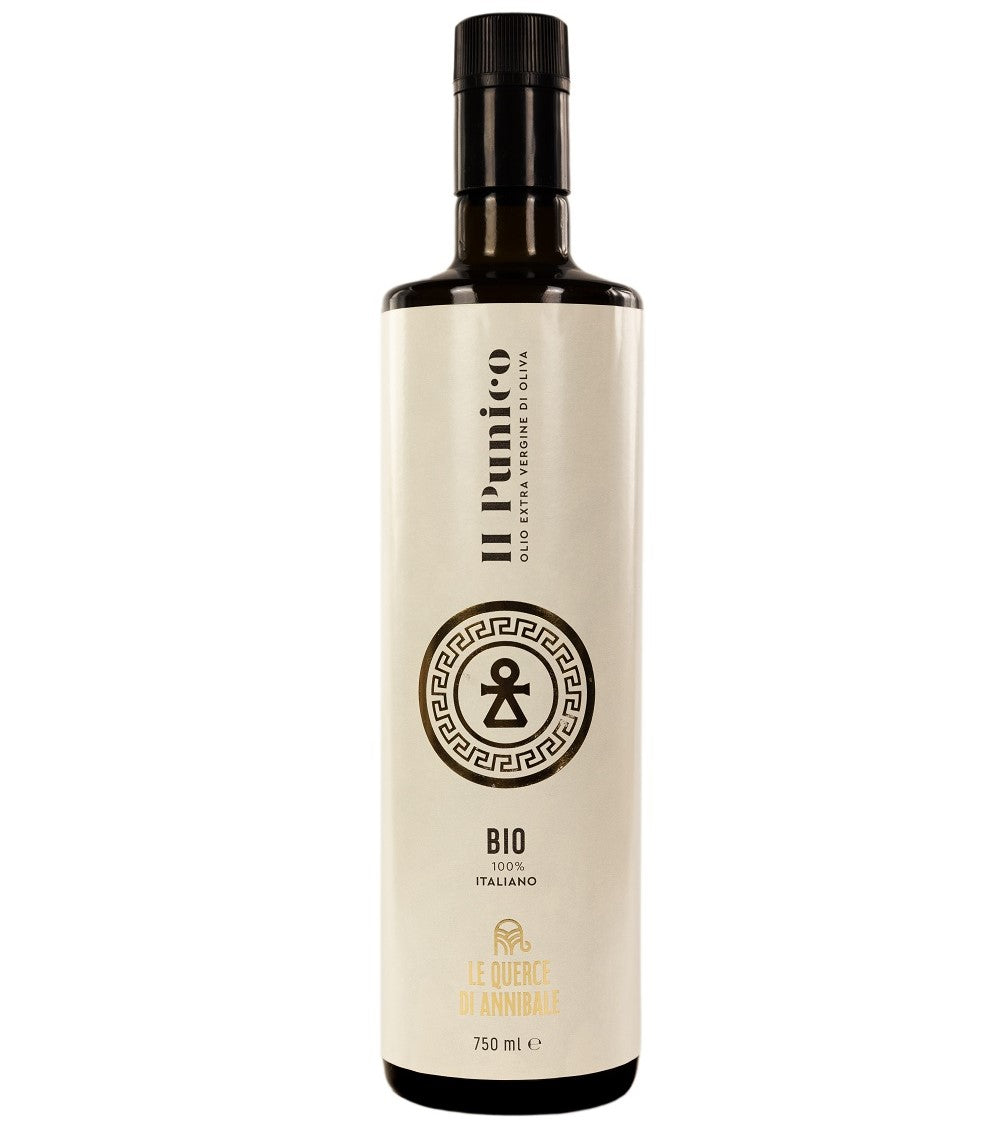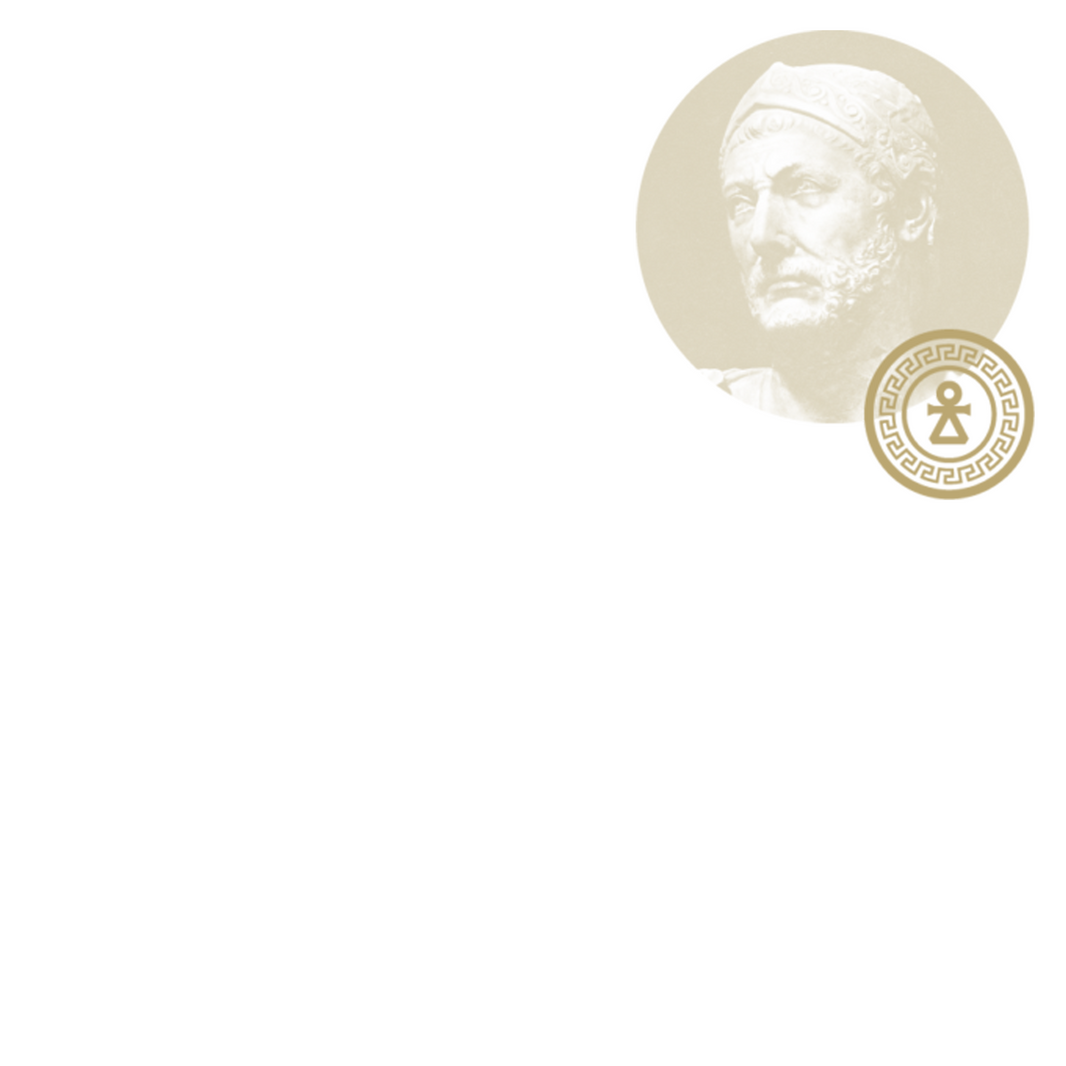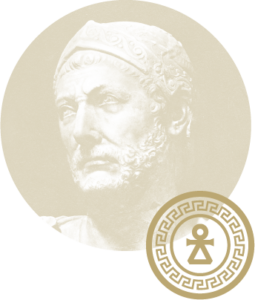
Le Querce di Annibale
Le Querce di Annibale takes its name from its district in the Melfi (PZ) countryside, renamed in honor of the Carthaginian commander. The agricultural company, deeply connected to its land, has been active for decades, respecting the biodiversity of Vùlture. It spans 25 hectares, with 10 dedicated to organic olive cultivation, one hectare for the production of Aglianico del Vùlture D.O.C. red wine, and 14 hectares for the production of organic pasta, legumes, honey, and other products. The company is certified organic by the control body Suolo e Salute and awarded the DOP Vùlture and I.G.P. Olio Lucano labels.
Our products represent high-quality food and are appreciated throughout Europe because we guarantee traceability from our fields to your table. From our organic pasta to our honey, from the peppers to the legumes, each product tells a story of tradition and sustainability, just like our grandparents did. Discover the taste of history. Discover Le Querce di Annibale.


ANNIBALE A MELFI
It was 210 BC, the Second Punic War was raging, the most important armed conflict of antiquity, which would forever shape the balance of the Mediterranean and the very destiny of the Western world as we know it today. The Roman Republic was invaded by Hannibal and by his armies. Hannibal Barca, the leader of the Carthaginians, sworn enemy of Rome and the Romans, was preparing to face the valiant consul Marco Claudio Marcello, coming from nearby Venusia (Venosa). We are on the territories of Vùlture, on the slopes of the volcano and at 540 meters above sea level . Annibale and his men move on horseback on their elephants and arrive on the hills between the current towns of Melfi and Rapolla, in the shade of the large oak trees. Here they decide to camp and prepare for battle. Legend has it that the Leader's meal was the "puls punica", his usual dish based on spelled flour and legumes, seasoned with local olive oil, l Vùlture oil

ANNIBALE A MELFI
It was 210 BC, the Second Punic War was raging, the most important armed conflict of antiquity, which would forever shape the balance of the Mediterranean and the very destiny of the Western world as we know it today. The Roman Republic was invaded by Hannibal and by his armies. Hannibal Barca, the leader of the Carthaginians, sworn enemy of Rome and the Romans, was preparing to face the valiant consult Marcus Claudius Marcellus, coming from nearby Venusia (Venosa). We are on the territories of Vùlture, on the slopes of the volcano and at 540 meters above sea level. Annibale and his men move on horseback on their elephants and arrive on the hills between the current towns of Melfi and Rapolla, in the shade of the large oak trees. Here they decide to camp and prepare for battle. Legend has it that the Leader's meal was the "puls punica", his usual dish based on spelled flour and legumes, seasoned with local olive oil, l Vùlture oil
HISTORY HAS BEEN MADE HERE
THE HISTORY OF THE TERRITORY
The Vùlture area is an uncontaminated territory rich in beauty and potential, unknown to many, but which is worth discovering and enhancing. The footsteps of the ancient civilizations that lived and made history here are revealed in agriculture and primary productive activities, cultivated over the centuries and fundamental for nature and agriculture to find their balance, beyond the often difficult conditions orographic. It is the most important of the Lucanian olive-growing areas, both for production, for the quality and for the presence of native cultivars such as Ogliarola del Vùlture and Cima di Melfi. Olive cultivation finds its best vegetatively productive expression in this area thanks to the predominantly volcanic soil and neutral PH.










